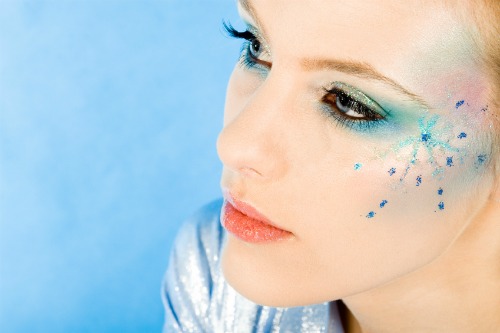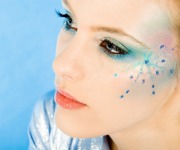Send your question to Umbra!
Q. Dear Umbra,
I just heard an ad for hair-care products that are allegedly “certified hypoallergenic.” There’s no such thing, is there? And is it illegal to make that claim?
Shirley C.
Wynnewood, Penn.
 A. Dearest Shirley,
A. Dearest Shirley,
Hark! The holidays are here, and many of us might soon find ourselves in situations where we need to look sparkly and shiny, and even smell marginally pleasant. Your letter is a good reminder that we should be careful what we slather on our bodies. Many makers of beauty products have an ugly reputation when it comes to environmental and health claims. We’ve offered tips for navigating labels before, but it never hurts to freshen up a bit.
To answer your specific question, there is no such thing as certified hypoallergenic (in fact, there’s barely such a thing as hypoallergenic). But it is not illegal to use the term, because there are also no standards governing its use. A spokesperson from the Food and Drug Administration, which regulates product labels, told me that hypoallergenic “means whatever a particular company wants it to mean.” Other terms are not so lucky: Many fall under guidelines issued by the FDA, which works with the Department of Justice to curb the most unseemly labeling offenses. But the FDA cannot — and does not pretend to — regulate every word on every product. Kind of a kicky opportunity for cosmetics companies, and a headache for consumers.
Luckily, there are others watching out for us:
- Skin Deep is a database of nearly 70,000 personal-care products evaluated by the Environmental Working Group. It’s easy to use and often sobering; I highly recommend it.
- EcoLabels is an index put together by Consumer Reports that lets you search specific marketing terms to find out whether there’s any heft behind them.
- The Campaign for Safe Cosmetics offers good information on the issues, as well as tips for taking action. This group also works to urge companies to make and market safer products.
I checked in with Stacy Malkan of the Campaign, whose advice is this: “Beware of bogus claims like ‘certified hypoallergenic,’ meaningless marketing terms like ‘clean and simple,’ and companies that do not list the actual product ingredients on their website.” Other overused and unregulated terms include “natural,” “pure,” and “green” — even “organic” can be used in a misleading fashion.
Frankly, it can all be very confusing. My best piece of advice is this: Don’t just read the label; take a look at the ingredient list, if there is one. Here are some tips from me on ingredients to watch for. Start paying attention, and you’ll begin to see which companies have your interests at heart, and which have something to hide.
So there you have it, Shirley. Your instincts were right. By the way, your hair looks fabulous.
Lustrously,
Umbra




